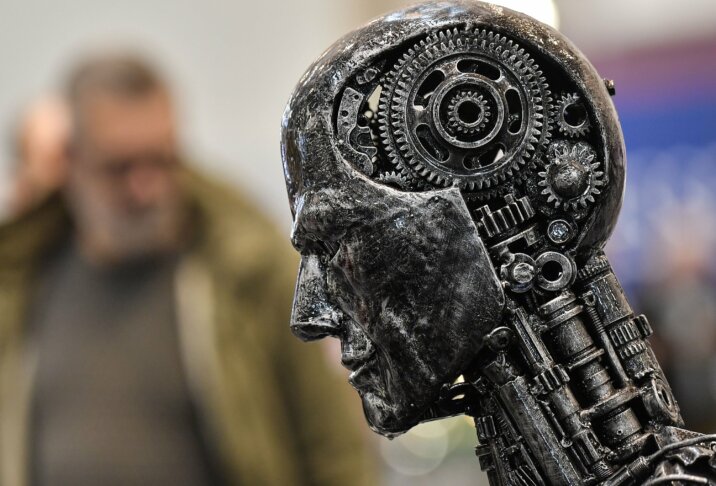
Artificial intelligence (AI) is increasingly being adopted in the political sphere as a tool for generating speeches, emails, and even drafting laws. However, experts have warned against the rapid uptake of AI tools like ChatGPT, which is famous for fabricating “facts”. ChatGPT, released in November 2021 by US firm OpenAI, has already made its way into politics, particularly as a way of scoring points. Japanese Prime Minister Fumio Kishida recently faced questions generated by the bot during a session with an opposition MP. Similarly, the bot has been used to write speeches and help draft laws.
While the enthusiasm for grandstanding with ChatGPT is high, particularly in the United States, experts have warned against its rapid adoption. In a recent column for Dutch law journal RegelMaat, Anne Meuwese from Leiden University warned that “the added value also seems limited for now.” She suggested that while ChatGPT could generate legal texts, it remained unclear how it would impact environmental concerns, bias, and ethics.
Despite concerns, there is still potential for the technology. The malleability of chatbots could prove particularly useful lower down the political food chain. Campaign staffers could use AI to generate fund-raising emails or to automate repetitive tasks. However, there is a question of whether the bots can be trained to represent a political point of view.
One concern with ChatGPT is its apparent liberal bias. The bot initially refused to write a poem praising Donald Trump but was happy to churn out couplets for his successor, Joe Biden. Billionaire magnate Elon Musk has already promised to develop TruthGPT, an AI text tool stripped of perceived liberal bias.
Similarly, the left has its own “Marxist AI”, which sends queries to ChatGPT with the command to answer as if it were an “angry trade unionist”. While the flexibility of chatbots is central to their appeal, it goes hand-in-hand with the tendency to generate untruths, making AI text generators potentially hazardous allies for the political class.
The Internet Patrol is completely free, and reader-supported. Your tips via CashApp, Venmo, or Paypal are appreciated! Receipts will come from ISIPP.
According to David Karpf of George Washington University, AI could be useful for generating emails asking for donations, necessary messages that are not intended to be masterpieces. However, he warned against becoming famous as the political consultant for a campaign that failed because they decided to have a generative AI do something for them.
The potential for chatbots in politics remains a topic of much discussion. While the technology shows promise, experts warn against its rapid adoption. The added value of AI-generated texts remains limited and, as mentioned above, issues such as bias and ethics must be taken into account. Ultimately, the potential of chatbots is their adaptability, but with this comes the tendency toward factual error and even wholly untrue statements, making AI text generators risky for politicians and political campaigns. As AI continues to evolve, it is vital that the political sphere remains vigilant in ensuring that its adoption is ethical, responsible, and beneficial for society as a whole.
The Internet Patrol is completely free, and reader-supported. Your tips via CashApp, Venmo, or Paypal are appreciated! Receipts will come from ISIPP.










